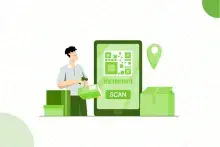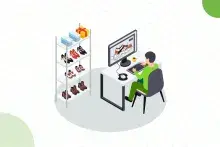Centralized Retail Management Application vs Standalone Billing Software
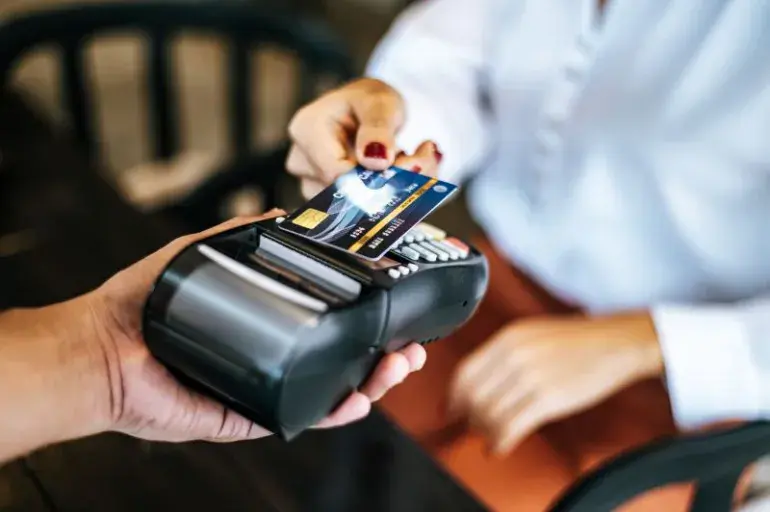
The retail POS or billing software market was valued at over 12 billion USD in 2022 (source). Further, the value was expected to rise by 10.8% CAGR over the following 8 years, crossing 27 billion USD by 2030.
Retail industry is the main segment where POS software is being used but other industries such as hospitality, healthcare, entertainment are also growing fast. India is one of the largest markets for retail POS software or billing software for retail. Behind this impressive growth trajectory lies the fact that retail businesses are growing, and a growing business never relies on manual operations. Automation of billing at the point of sale with barcoding, inventory management, sales and accounting integrations have become common features to automate and save time. Yet there are differences in the kinds of billing software that are available.
Key Reasons Behind Growing Popularity of Retail Management Applications in India
The introduction of retail consumption taxes such as GST, requirement of integrated inventory management along with sales tracking, larger sales catalogues, bigger stores with more billing counters, larger store networks, new age ecommerce channels and automated accounting requiremments, has required businesses to rethink traditional accounting and billing processes. Almost all retailers wish to have integrated billing software with accounting and inventory management.
With the growing need for retail billing software, the market is flooded with solutions, belonging to two broad categories. Depending on their needs, enterprises choose between the following:
- Standalone Billing Software
- Centralized Retail Management Applications
In this blog, we will take a deep dive into the following:
- Common challenges faced by retailers today for billing
- Having identified the retail billing challenges, we will look at the application of both types of billing software mentioned above.
- Further, aiming to help you choose the right software, the blog will also attempt to compare standalone solutions against centralized ones.
- Finally, we will look at how Ginesys Cloud POS (Zwing) and Ginesys POS is helping retailers meet the retail billing needs of their growing enterprise.
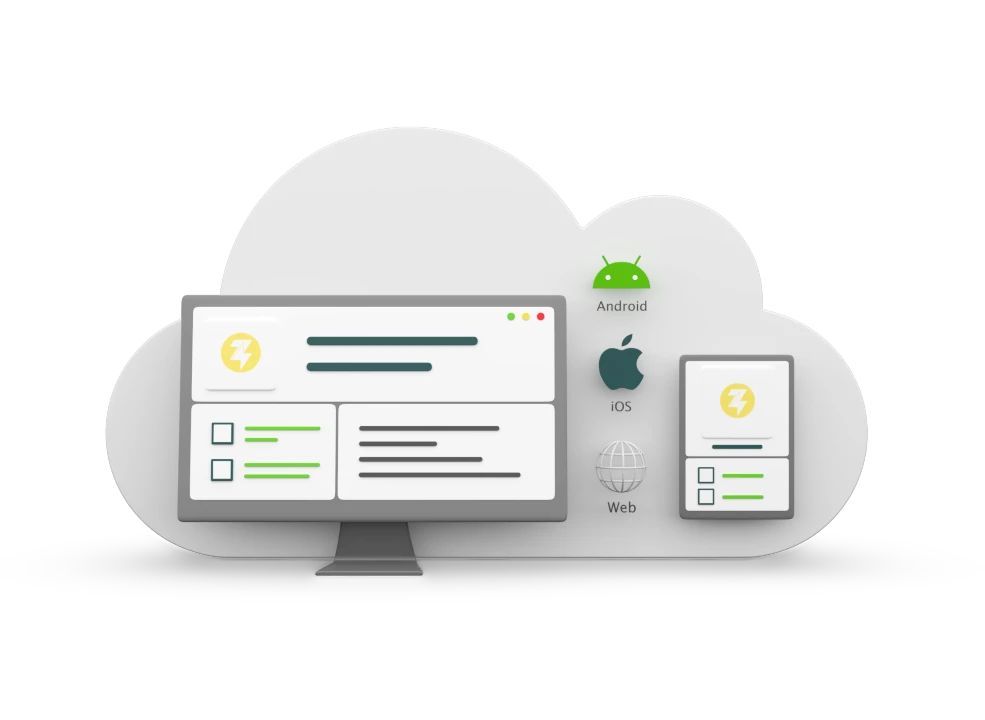
Find the right retail management application.
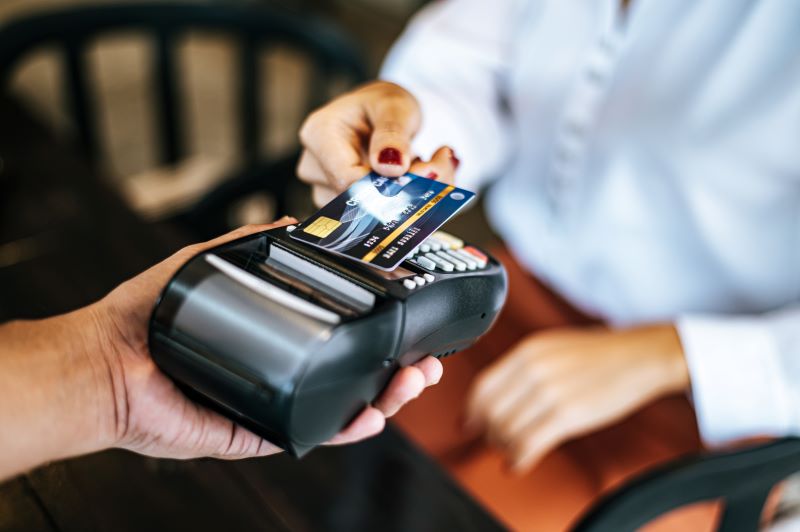
Retail Billing Challenges- Know What to be Aware of While Choosing Your Billing Software
Challenges in retail billing today, particularly for large-scale retailers, lie way beyond the inaccuracy and trouble of manual billing. While digitization might be a given for many businesses, choosing the right tool might not be obvious. Many retailers have to tackle billing software which on the surface may address billing but fail to meet the heavy-duty record-keeping that the sector demands. The following pointers illustrate the common challenges:
- Foremost, a lot of the retail billing software is not suitable for reward redemptions and discounts. We live in the age of marketing and the consumer is lured in with the hope of rewards and discounts. Thus, while choosing the billing software retailers need to keep reward redemption in mind
- Even if retailers initially introduce some basic discounts into the software, the challenge will not be solved. Some of the retail billing software is prone to very difficult and time-consuming updates, thus, there is poor scope for integrating new discounts.
- More importantly, if one is not careful about the choice of billing software, one may choose solutions that are inaccurate. To begin with, billing inaccuracies hinder entrepreneurs from gauging the performance of the business, making growth planning difficult.
- Similarly, incorrect GST processing is yet another problem businesses face while using some retail billing solutions. The faulty tax calculations leave retailers worried about both the profitability of the brand and meeting business compliance.
- However, the concern surrounding billing inaccuracy doesn’t end here. When inconsistencies show up, businesses are forced to rely on the cumbersome manual tax calculation.
- Manual processing leaves retailers at the risk of missing the tax filing deadlines, leading to penalties.
Now that we know the retail challenges retailers encounter, let’s explore the opportunities the right billing software unlock. Let’s take a deep dive!

Leverage retail management applications.

Smoothening Billing Challenges with Billing Software
Since the advent of paid billing solutions, retailers have achieved far more than just fast-tracking and maintaining reliable sales records. First and foremost, a solid sales database empowers entrepreneurs to forecast a growth trajectory and work towards it. Here are some other challenges that the solution addresses:
- Promotions: A good billing or POS solution automates the application of promotions. What makes this step so important is that it ensures that the retailers deliver on the offers they have promised in their branding activities. In other words, with easy integration of promotions retailers can maintain an efficient customer experience, fostering brand loyalty.
- Reward Points: Keeping a tab on reward points retail billing solutions further cements brand loyalty. This is because by redeeming reward points customers can enjoy discounts, indicating how much the brand values the customer. To substantiate further, 84% of customers prefer brands with loyalty programs. The customer data and reward points recorded in the retail POS software can be effectively used for personalizing promotions.
- GST Application: Paid Billing Software ensures efficient GST automation, which in turn means streamlining tax compliance. Also, given that all the GST data is collated properly, retailers can effortlessly file their GST returns on time. It is worth emphasizing that timely GST returns save retailers from suffering penalties, which can poorly impact a budding business’s finances.
- Product Performance: What makes retail billing software a potent solution is that ventures can individually track the performance of a product. The product performance analysis can be efficiently leveraged to stock up on winning products as well as for marketing purposes.

Want to overcome retail challenges?
But do standalone solutions work well when it comes to retail chains?
The entrepreneurs don’t just have to manage a single outlet but a series of them. For a retail chain, it is equally important to know both product-level performance as well as outlet-level performance. Thus, the challenge franchise businesses are likely to face with standalone solutions lies in combining individual databases.

Moreover, much like manual billing, non-automated collation of outlet-specific data can be error-prone. Finally, it is not enough to just collate data, redeem points, etc. Considering orders are placed in an omnichannel retail business from different avenues, it becomes tough to manage orders vis-a-vis stocks. This means for successfully managing sales, billing software also needs to be connected to the Enterprise Resource Planning (ERP) software.
To put it differently, chain retailers today have to manage multi-channel sales and inventory and also collate comprehensive business data. To achieve so many tasks at once, a centralized system proves more suitable than standalone solutions. Therefore, let’s now look at what centralized retail management systems are likely to offer us.

Seeking to go beyond standalone retail management applications?
Going Beyond Standalone Solutions- Centralized Retail Management Systems
Omnichannel retail is the strongest suit that helps centralized retail management solutions to top a billing software’s capacity. Apart from empowering businesses to visualize the overall health of the business, centralized systems also offer granular sales data. Thus, ventures can track how well a specific outlet is doing, along with potentially identifying the trends and weaknesses surrounding the store. Also, given that POS solutions help in understanding product-level information, a business-wide holistic stock reservation and logistics strategy can be formulated.
As opposed to restricted master access in standalone solutions, access to centralized POS is via a common user master. Consequently, the security and access to different outlets as well as POS functions is not limited to a few individuals. Common masters are likely to reduce reliance on a few individuals, ensuring that the stores run smoothly in their absence.
On a different note, consider a situation where you walk into an outlet of a retail chain and suddenly the loyalty program is not valid. Likewise, you might find it odd to see a different bill design in a brand store, leading you to question the authenticity of the store. Centralized systems are designed to tackle exactly this issue. Given how important consistent brand experience is, centralized systems strive to strike uniformity in several branding elements.
Along with uniform bill design and loyalty programs, centralized POS also is connected to the common Customer Relationship Management (CRM) platform. With CRM integration, the sales data from the POS software gets seamlessly integrated into the CRM software. Leveraging the data on the latest as well as past shopping preferences, CRMs can personalize branding for the clients, improving CX.
Additionally, interval syncing is an important attribute of a POS system. Item prices, tax rates, client information, etc., can change at any time, making it difficult to keep billing accurate. This is where centralized systems which are real-time sync-ready save the day. Much like sync interval, a robust backup setting is also essential for a POS system. The feature allows seamless fetching and saving of client information.
Furthermore, often centralized POS systems come with ERP and accounting systems integration, setting themselves apart from their standalone counterparts. This integration ensures an updated inventory in real-time - both during a sale and when an item is returned. With updated inventory, planning and realizing future sales becomes hassle-free.
In short, it suffices to say that compared to most solutions, centralized retail management systems best deal with POS challenges. Thus, the clear edge that the solution has over its peers beckons retailers to implement it to streamline their billing issues. Those seeking a solid centralized retail management system can leverage popular POS solutions such as the one offered by Ginesys. On that note, in the following blog section, we will discover the features and benefits of Ginesys Cloud POS.

Know more about Ginesys’ retail management solution
Centralizing Retail Management with Ginesys Cloud POS
Ginesys suite of solutions, Ginesys One offers a cloud-based Point of Sale (POS) system which strives to solve retail management challenges holistically. Also known as Zwing, the solution has two aspects: the mobile POS (mPOS) and the web POS. Here are some attributes of Ginesys Cloud POS, also known as Zwing, that will help you ace retail management:
- Ginesys Cloud POS is compatible with mobile devices such as Android POS machines and cell phones. Also, the solution operates smoothly on various web browsers, including Safari and Chrome.
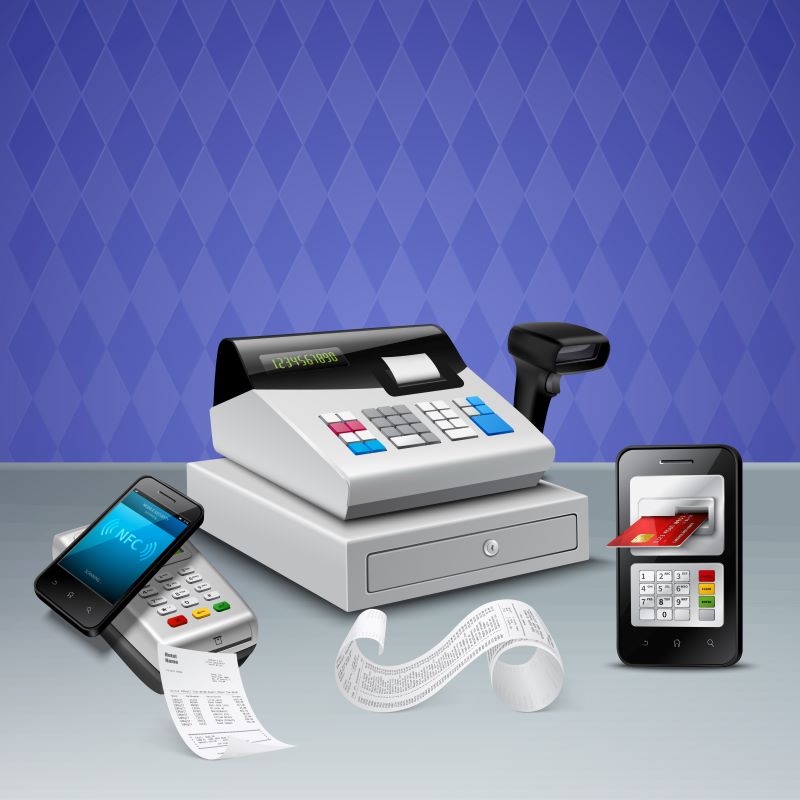
- The solution's back-office app, known as Zwing Console, ensures centralized control over stores in real-time. This comprehensive control entails managing store policies, item masters, cashier information, and stock images.
- Enabling real-time inventory management, the solution syncs multiple product masters. The solution also integrates Ginesys ERP and other ERPs, facilitating various functions. These functions involve managing receipts, transfers, and inventory adjustments. The inventory-related feature helps retailers prevent leakages and negative stock billing.
- Ginesys Cloud POS’s cash tracking module goes way beyond payment records and reconciliation of payment drops. The solution works seamlessly with diverse digital payment avenues, such as credit cards, debit cards, UPI, and mobile wallets. The payment modules ensure secure and irreversible transactions.
- Zwing empowers users to track petty cash expenses as well as create and manage customer orders. In order management, the solution allows partial or full payments, while also creating invoices.
- The POS system streamlines promotions across stores, supporting centrally defined and allocated promotions. The solutions seamlessly issue and redeem electronic gift vouchers via SMS, personalizing sales efforts. Also, Zwing allows item exchange and return irrespective of the outlet or sales channel.
- Ginesys Cloud POS supports store credit, essential for fostering customer loyalty. Without any hitch, the solution creates credit notes for customer advances, that can be settled against future invoices.
- The POS solution poses security as a top priority, ensuring OTP and password-based access to authorized devices.
- Zwing ensures that customers receive paperless POS bills as PDFs via email or SMS.
- ERP and e-commerce integrations in Ginesys ERP contribute to a holistic retail management experience. These integrations power seamless sales order processing from various channels, driving profitability. Thus, the solution is a major factor in actualizing the reach the brand has achieved via marketing into sales conversion.
In conclusion, Zwing from Ginesys One suite provides a secure, feature-rich, and flexible cloud-based POS solution for retailers. The solution covers everything from inventory management to customer engagement and seamless integrations with ERP and e-commerce platforms. In other words, being a centralized end-to-end retail management system, Ginesys Cloud POS leaves no stone unturned to ensure smooth operations. To know more, contact us now! Alternately, you can consider Ginesys POS, a desktop-based Windows POS that has all these features and also works offline in case Internet is not available.

